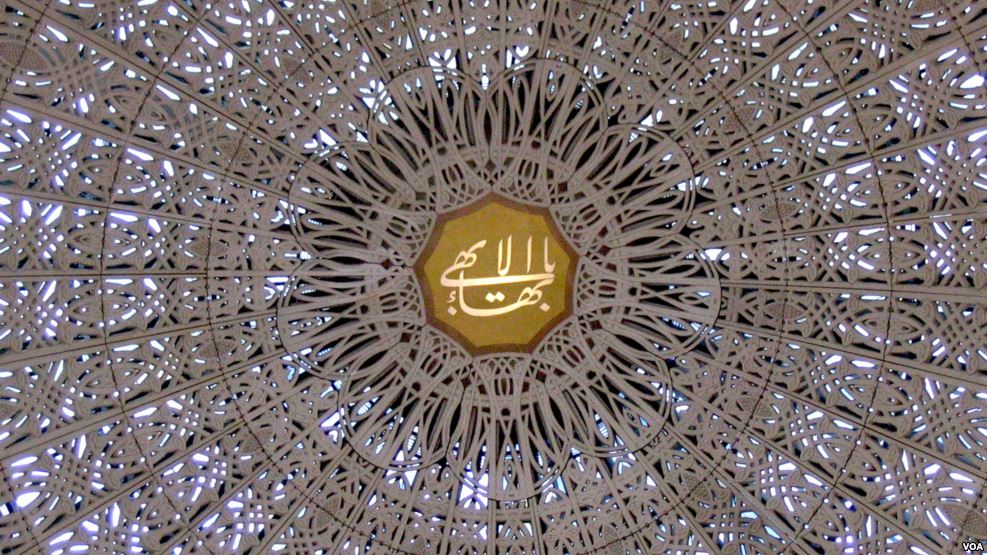Source: www.editorials.voa.gov

“The very existence of the group is declared to be illegal. Its leaders are in jail in many cases, and often many of those in jail end up facing significant human rights abuses there as well.”
In his recent address to the UN General Assembly in New York, Iranian President Hassan Rouhani denounced sectarianism and attempts to promote religious divisions.
Yet in Iran, persecution of minority religious communities continues, and it is a matter of deep concern to the United States, said Ambassador at Large for International Religious Freedom David Saperstein.
The victims of that persecution and discrimination include Sunni Muslims and those who follow the Sufi tradition; also Zoroastrians, Jews and Christians, and dissident Shia adherents. But it is the Baha’i community, whose faith has been essentially criminalized, said Ambassador Saperstein, who suffer the severest repression:
“The very existence of the group is declared to be illegal. Its leaders are in jail in many cases, and often many of those in jail end up facing significant human rights abuses there as well… Any of the religious activities of the Baha’is are often repressed; [they] are persecuted, subject to arrest by the government.”
Not only are the Baha’is’ religious activities forbidden in Iran, Baha’i businesses are subject to arbitrary closure; individuals are attacked with impunity; graveyards are despoiled; and students are refused admittance to university unless they renounce their faith.
Ambassador Saperstein noted that “religion is an extraordinarily powerful part of the lives of the vast majority of people on earth.” It is, he added, an integral part of a person’s identity:
“So it goes to the core issues of the rights of someone to live in accordance with their conscience. When someone is told they can’t do that…and will be subject to repression or persecution or discrimination, then it divides that society along sectarian divisions; it creates different classes of citizenship.”
The result, said Ambassador Saperstein is a destabilized society, where the structures that should unify a society, are weakened.
In contrast, even when a government has a religious identity, but still protects the rights of all its people, that government “nurtures a kind of trust, a comity and a commonweal” that makes a country stronger.
Without religious freedom, said Ambassador Saperstein, “there can be no real democracy, no stability, and no lasting security for any country.” Promoting this fundamental right “is indispensable to America’s values and to America’s interests and to the well-being of all humanity.”
Leave a Reply